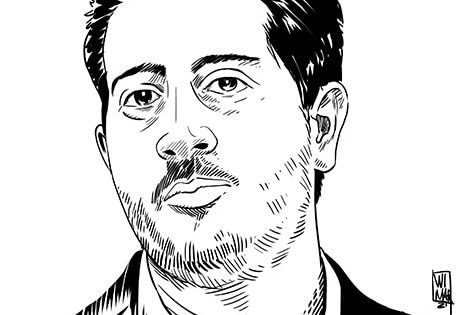(RSF/IFEX) – RSF has condemned State Security agents’ harassment, intimidation tactics and orchestrated blackmail against independent journalists Osmel Sánchez Lopez, Ernesto Roque and Ana Rosa Veitía on 18 and 21 June 2005. “Once again Cuban journalists have been harassed because they want to do their jobs without interference,” RSF said. “Sudden summonses to the police […]
(RSF/IFEX) – RSF has condemned State Security agents’ harassment, intimidation tactics and orchestrated blackmail against independent journalists Osmel Sánchez Lopez, Ernesto Roque and Ana Rosa Veitía on 18 and 21 June 2005.
“Once again Cuban journalists have been harassed because they want to do their jobs without interference,” RSF said. “Sudden summonses to the police station, threats of imprisonment and seizing of equipment are all part of a strategy to demoralise the independent press. Twenty-one journalists are still in jail in appalling conditions. When they are not actually detained, Cuban journalists operate in a kind of conditional freedom.”
Sánchez Lopez, an independent journalist who was once a Radio Martí correspondent, was summoned by the political police on 18 June, in Venezuela, Ciego de Ávila Province, central Cuba. “An officer who told me his name was Jesus questioned me for three hours. He told me to stop my activities and prohibited me from meeting with Juan Carlos González Leyva, head of the Cuban Human Rights Foundation. He said I would otherwise be jailed for four years for ‘pre-delinquent social dangerousness’,” Sánchez Lopez told RSF. The journalist said he was not physically mistreated during his interrogation, but was yelled at, insulted and threatened.
“Afterwards, police officers drove me away in a jeep, in the middle of the night, and left me in the countryside, about four kilometres from my home,” Sánchez Lopez explained, while saying that he had no intention of complying with the demands of State Security.
“I will continue to do my job and write articles about society in which I sometimes condemn the poor living conditions of my people,” he said. The journalist, who is a widower and is raising two children, aged 12 and 10, on his own, said he expected to be summoned again.
Roque and his wife Veitía, both members of the Cuban Union of Independent Journalists and Writers (Unión de Periodistas y Escritores Cubanos Independientes, UPECI), were summoned and questioned separately on 21 June in Havana by six State Security agents, according to the Cubanet website. The couple were told to hand over documents relating to a planned 25 June meeting of the Latin American Federation of Rural Women (Federación Latinoamericana de Mujeres Rurales, FLAMUR), which Veitía chairs. Police then took the couple back to their home and carried out a lengthy search, seizing a video camera, a digital camera, medicine, money and even some food. One of the agents, who introduced himself to Roque as Reinier but told Veitía that his name was Carlos, warned the journalists that the “process” against them was merely getting underway and that the authorities would prevent the holding of the FLAMUR meeting.


